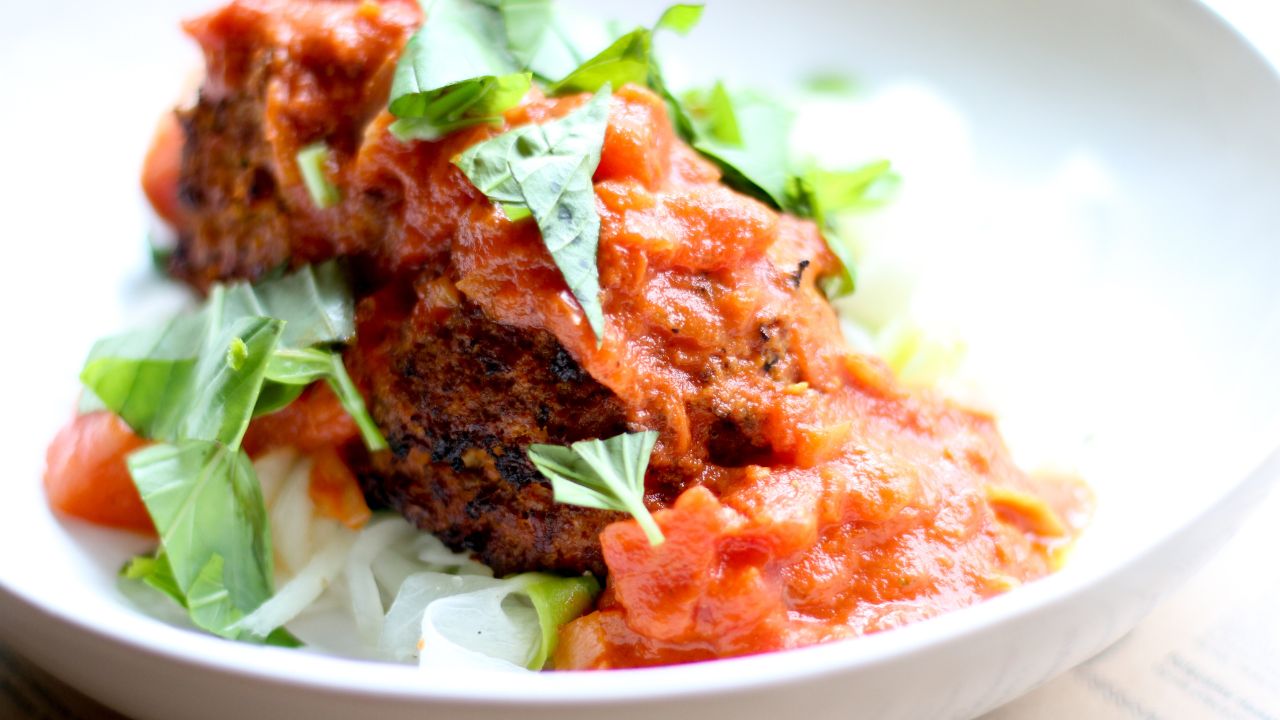
In this article, we explore the plant-powered route to optimal nutrition through the incorporation of the top 10 most nutritious vegan foods into your diet. Backed by scientific research and evidence, this informative guide aims to provide you with the knowledge and understanding necessary to make informed dietary choices.
Whether you are a committed vegan or simply seeking to incorporate more plant-based options into your meals, this article offers valuable insights into the benefits and nutritional value of these plant-powered foods.
Kale
Kale has been a staple in vegan diets for centuries due to its exceptional nutritional profile and numerous health benefits. This leafy green vegetable is packed with essential vitamins, minerals, and antioxidants that promote overall well-being. Incorporating kale into your diet can be done in various ways, such as adding it to smoothies or using it as the main ingredient in delicious salad recipes.
When kale is blended into smoothies, it not only adds a vibrant green color but also boosts the nutritional content. It is rich in vitamins A, C, and K, as well as fiber and calcium, making it an excellent addition to any plant-based smoothie.
Kale salad recipes are another popular way to enjoy this nutritious vegetable. By combining kale with other fresh ingredients like fruits, nuts, and seeds, you can create a flavorful and nutrient-dense meal. The high fiber content of kale promotes digestion and helps maintain a healthy weight.
Spinach
Spinach, another leafy green vegetable, is a powerhouse of nutrients that can be seamlessly incorporated into a vegan diet. Packed with vitamins, minerals, and antioxidants, spinach offers numerous health benefits. Here are three reasons why spinach should be a staple in your plant-powered diet:
- Nutrient-rich: Spinach is a nutritional powerhouse, providing an abundance of vitamins A, C, and K, as well as folate, iron, and calcium. These nutrients are essential for maintaining optimal health and supporting various bodily functions.
- Heart-healthy: Spinach contains compounds that promote cardiovascular health. Its high content of dietary nitrates has been linked to lower blood pressure levels and improved blood vessel function, reducing the risk of heart disease.
- Versatile: Spinach is incredibly versatile and can be used in a variety of dishes. From salads and smoothies to stir-fries and soups, the possibilities are endless. Explore different spinach recipes to incorporate this nutrient-dense vegetable into your daily meals.
Broccoli
One of the top 10 most nutritious vegan foods to incorporate into your diet is broccoli, a cruciferous vegetable packed with essential vitamins and minerals.
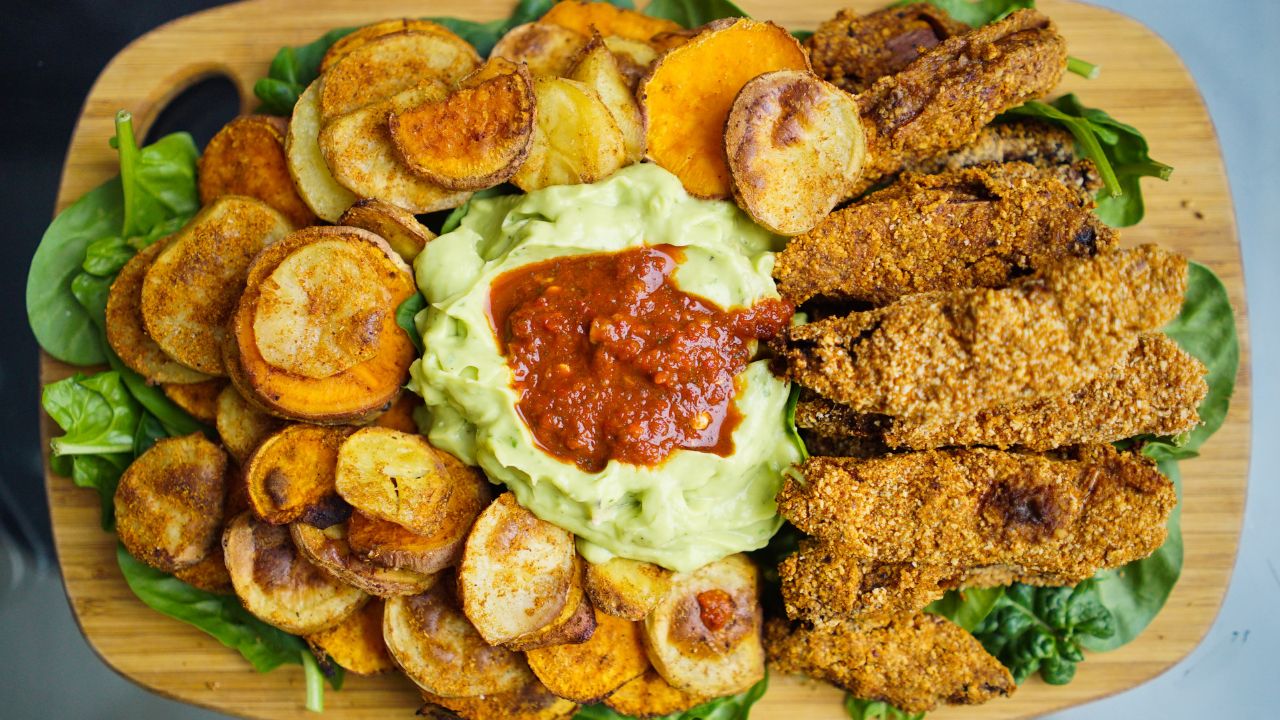
Broccoli is a member of the Brassica family and is known for its high nutritional value. It is a great source of vitamin C, vitamin K, folate, and fiber. Additionally, it contains a variety of phytochemicals, such as glucosinolates, which have been linked to potential health benefits, including reduced risk of certain types of cancer.
Broccoli is also low in calories and can be a valuable addition to weight management diets. To enjoy the nutritional benefits of broccoli, it can be prepared in various ways, including steaming, roasting, or stir-frying.
Incorporating broccoli into your meals can contribute to a balanced and nutrient-rich vegan diet.
Brussels Sprouts
Continuing the exploration of cruciferous vegetables, another nutrient-dense addition to a vegan diet is Brussels sprouts. These small, leafy green vegetables resemble miniature cabbages and are packed with essential vitamins, minerals, and antioxidants.
Here are three reasons why Brussels sprouts should be incorporated into your plant-based meals:
- Versatility in cooking: Brussels sprouts can be prepared in various ways, including roasting, steaming, sautéing, or even enjoying them raw in salads. Their mild, slightly bitter flavor pairs well with a wide range of ingredients, allowing for creative culinary combinations.
- Cooking methods for optimal flavor: To enhance the taste of Brussels sprouts, it is recommended to roast or sauté them. These methods bring out their natural sweetness and create a crispy texture. Additionally, lightly steaming them helps to retain their nutrients and vibrant green color.
- Nutritional benefits: Brussels sprouts are an excellent source of vitamin C, vitamin K, and folate. They also contain fiber, which aids in digestion and promotes a feeling of fullness. Furthermore, they are rich in antioxidants, such as glucosinolates, which have been linked to potential health benefits, including reduced inflammation and improved heart health.
Incorporating Brussels sprouts into your vegan diet not only adds a nutritional boost but also provides a versatile and flavorful ingredient to elevate your plant-based dishes.
Sweet Potatoes
Moving on to the next nutrient-dense addition to a vegan diet, sweet potatoes offer a wide range of health benefits and culinary possibilities.

Sweet potatoes are not only delicious but also packed with essential nutrients. They are an excellent source of vitamins A and C, which are important for immune function and skin health. Additionally, sweet potatoes are rich in dietary fiber, which aids in digestion and helps maintain a healthy weight. They also contain potassium, which is essential for maintaining proper heart and muscle function.
Sweet potatoes can be incorporated into a vegan diet in various ways. They can be baked, roasted, mashed, or used in sweet potato recipes such as soups, stews, and salads. Adding sweet potatoes to your meals not only enhances the flavor but also provides numerous health benefits.
Almonds
Almonds are a highly nutritious vegan food known for their numerous health benefits. They are packed with essential nutrients such as vitamin E, magnesium, and fiber, making them a valuable addition to a plant-based diet.
Almonds are also incredibly versatile and can be incorporated into various vegan recipes, from salads to desserts. Additionally, they are a great source of plant-based protein, making them an excellent option for vegans looking to meet their protein needs.
Nutritional Benefits of Almonds
With its myriad of nutritional benefits, almonds are a valuable addition to any vegan diet. Here are three reasons why incorporating almonds, whether in the form of almond milk or almond butter, can be beneficial:
- High in nutrients: Almonds are packed with essential nutrients such as vitamin E, magnesium, and calcium. Vitamin E acts as a powerful antioxidant, protecting the body from oxidative stress. Magnesium plays a crucial role in maintaining healthy blood pressure and bone health, while calcium is essential for strong bones and teeth.
- Heart-healthy fats: Almonds are a rich source of healthy monounsaturated fats that have been linked to lower levels of LDL cholesterol, reducing the risk of heart disease. These fats also provide a feeling of satiety, making almonds a great snack option for weight management.
- Antioxidant properties: Almonds contain high levels of antioxidants, including flavonoids and phenols. These compounds help fight inflammation and oxidative damage in the body, contributing to overall better health and reduced risk of chronic diseases.
Incorporating almonds into a vegan diet adds nutritional value and promotes better health.
Versatility in Vegan Recipes
When incorporating almonds into a vegan diet, their versatility in vegan recipes becomes apparent.
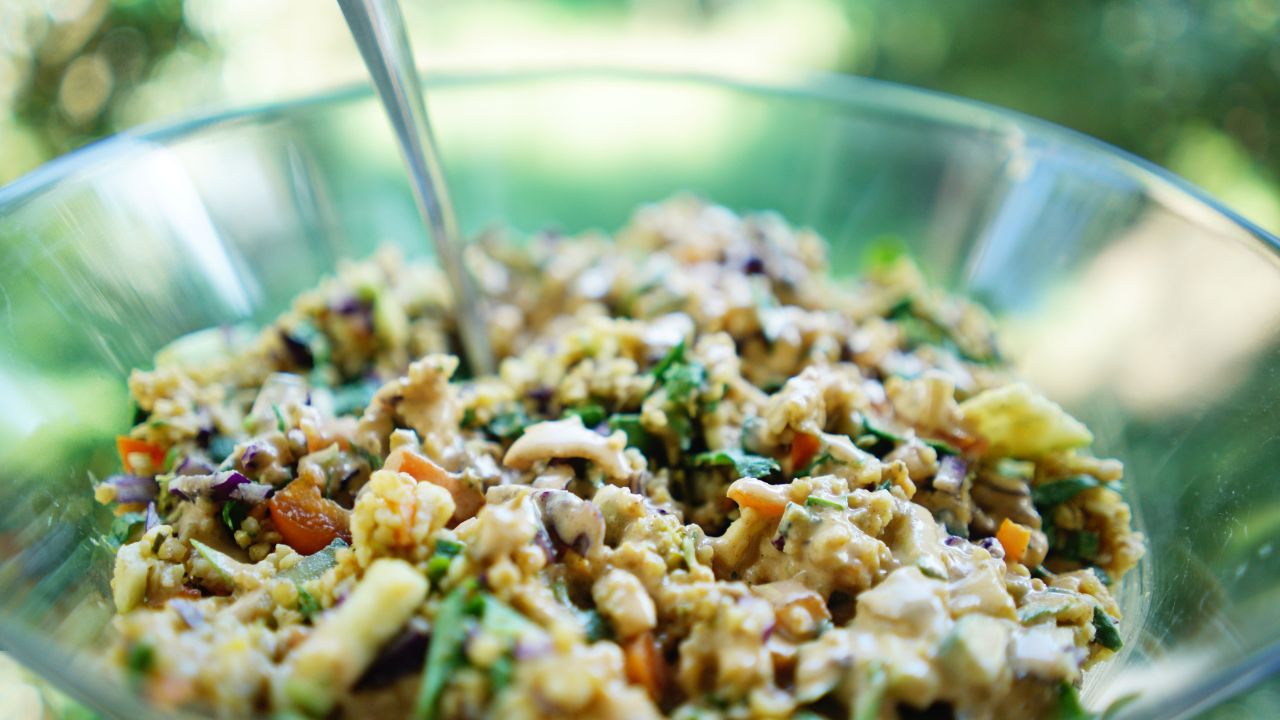
Almonds are not only nutrient-dense but also offer a wide range of culinary possibilities. They can be used as a plant-based substitute for dairy products, such as almond milk or almond-based cheese.
In vegan meal planning, almonds can add texture and flavor to salads, stir-fries, and grain bowls. They can be ground into almond flour for use in gluten-free baking or used as a crunchy topping for desserts.
Almonds can also be transformed into creamy almond butter or incorporated into energy bars and smoothies.
With their rich taste and nutritional profile, almonds are a valuable addition to any plant-based diet, offering endless possibilities for creating delicious and satisfying vegan meals.
Almonds as a Protein Source
Continuing the exploration of their versatility in vegan recipes, almonds also serve as an excellent protein source within a plant-based diet. These nutrient-dense nuts provide essential amino acids, making them an ideal choice for vegans looking to meet their protein needs.
Here are three reasons why almonds should be incorporated into a vegan diet:
- High protein content: Almonds are a rich source of protein, containing approximately 6 grams of protein per ounce. This makes them an excellent snack option for vegans who want to increase their protein intake.
- Almond milk: Made from ground almonds and water, almond milk is a popular plant-based milk alternative. It is not only a great source of protein but also rich in calcium, vitamin E, and healthy fats. It can be used in various recipes, such as smoothies, cereal, and baked goods.
- Almond butter: Another nutritious option, almond butter is made from ground almonds. It is a protein-packed spread that can be used as a topping for toast, in smoothies, or as a dip for fruits and vegetables. It provides a substantial amount of protein and healthy fats, making it a satisfying addition to a vegan diet.
Incorporating almonds, almond milk, and almond butter into a vegan diet can contribute to meeting protein requirements while providing additional nutrients essential for overall health.
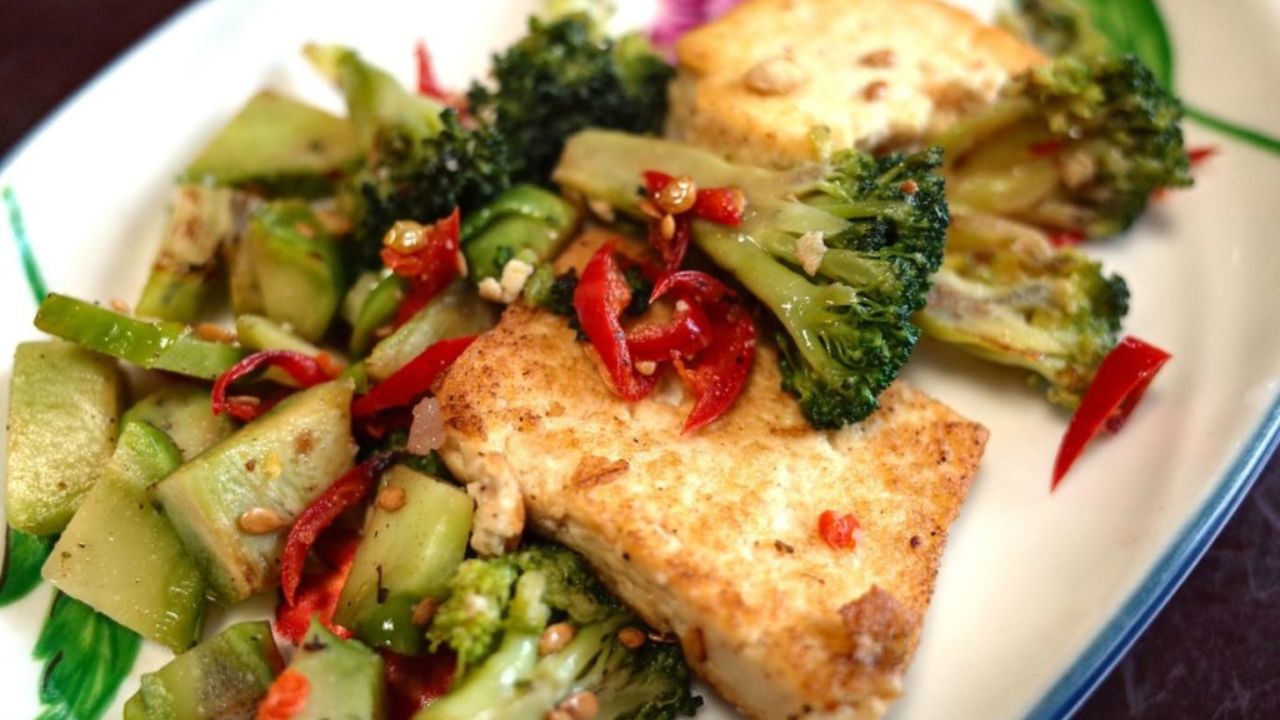
Flaxseeds
Flaxseeds, rich in essential nutrients, are an excellent addition to a vegan diet. These tiny seeds pack a powerful punch when it comes to health benefits.
Flaxseeds are a great source of omega-3 fatty acids, which are essential for heart health and brain function. They also contain fiber, protein, and lignans, which have been shown to have anti-cancer properties.
Incorporating flaxseeds into your diet can help improve digestion, lower cholesterol levels, and reduce the risk of chronic diseases such as diabetes and obesity.
There are numerous ways to enjoy flaxseeds, including adding them to smoothies, oatmeal, or baked goods. Flaxseed recipes are versatile and can easily be incorporated into a variety of dishes, making it easy to reap the health benefits of these nutritious seeds.
Avocados
Rich in essential nutrients, avocados are a valuable addition to a vegan diet, seamlessly continuing the exploration of plant-powered foods. Avocados are not only delicious but also offer numerous health benefits. Here are three reasons why you should incorporate avocados into your diet:
- Heart-healthy fats: Avocados are a great source of monounsaturated fats, which can help improve heart health by lowering bad cholesterol levels and reducing the risk of heart disease.
- Nutrient powerhouse: Avocados are packed with essential nutrients such as vitamins C, E, K, and B-6, as well as folate, potassium, and fiber. These nutrients contribute to overall well-being and support proper bodily functions.
- Versatile and delicious: Avocados can be used in a variety of recipes, from salads and sandwiches to smoothies and desserts. Their creamy texture and mild flavor make them a versatile ingredient that adds richness and depth to any dish.
Incorporating avocados into your vegan diet not only enhances the nutritional value but also adds a delicious touch to your meals. Try out different avocado recipes and enjoy their numerous health benefits.
Quinoa
Quinoa is a versatile grain that offers a plethora of nutritional benefits, making it an excellent addition to a vegan diet.
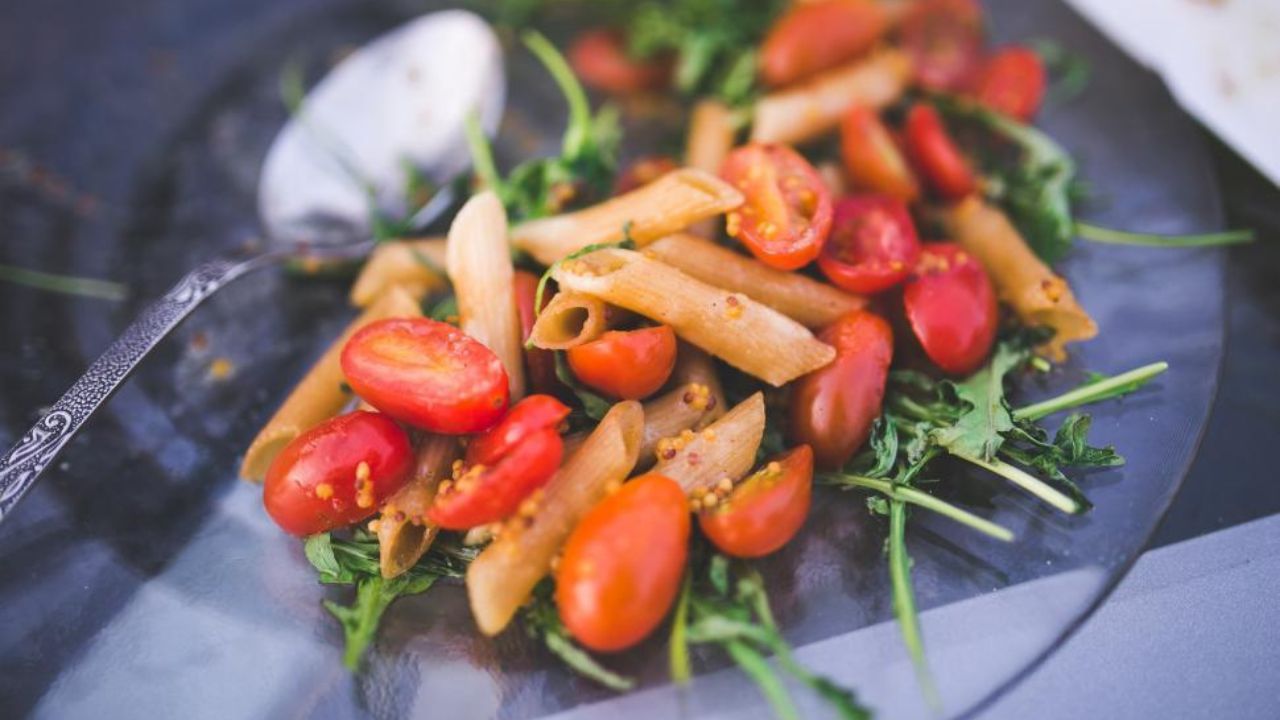
It is a complete protein source, containing all essential amino acids necessary for the body's functioning and development.
Quinoa is also rich in fiber, providing about 17-27 grams per cup, which aids in digestion and helps maintain a healthy weight.
Additionally, it is a good source of vitamins and minerals like magnesium, manganese, phosphorus, and folate.
With its nutty flavor and delicate texture, quinoa can be incorporated into various vegan recipes.
From salads and stir-fries to soups and stews, quinoa adds a nutritious punch and enhances the overall taste and texture of the dishes.
Its versatility and high nutritional value make quinoa a staple for vegans looking to maintain a well-rounded and balanced diet.
Lentils
Lentils are a versatile legume that can be incorporated into a variety of recipes, making them a valuable addition to a vegan diet. Not only are they a rich source of plant-based protein, but they also offer a range of health benefits.
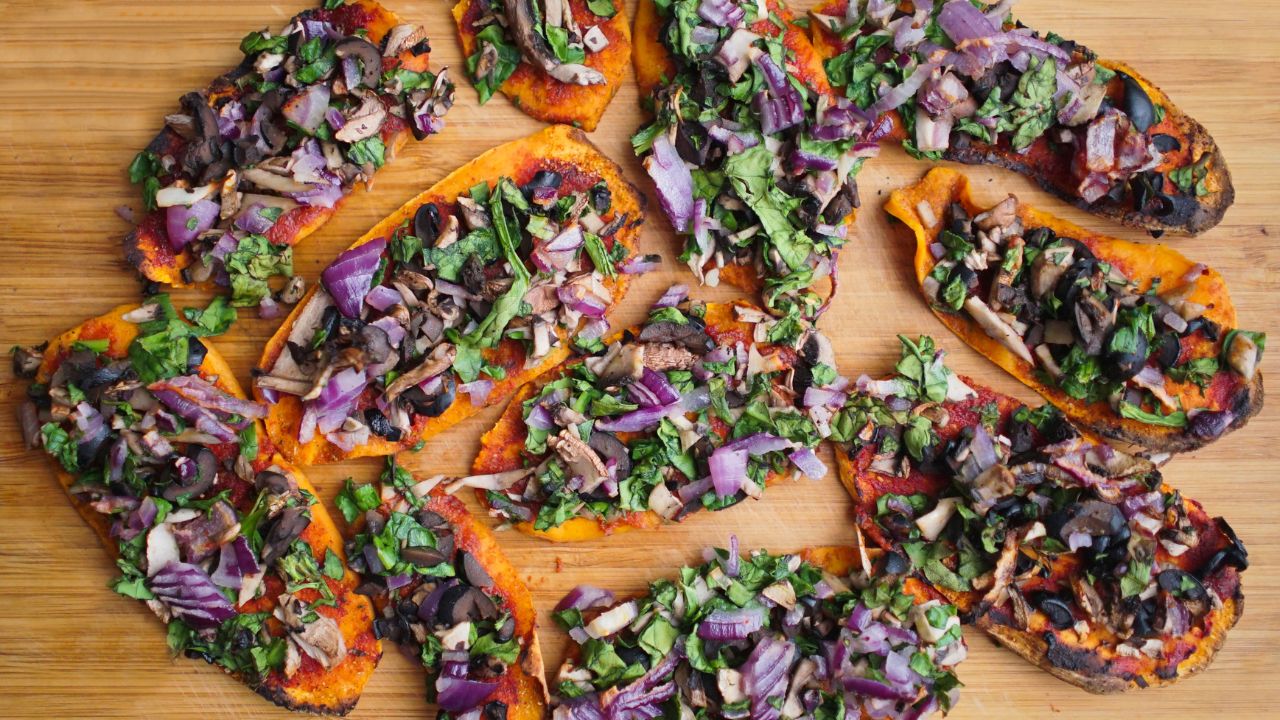
Lentils are high in dietary fiber, which can aid in digestion and promote feelings of fullness. They also contain important nutrients such as iron, folate, and potassium.
Versatility in Recipes
One of the key factors in incorporating lentils into your diet is their versatility in a variety of recipes. Lentils are not only a great source of plant-based protein but also offer versatility in vegan baking.
Here are three ways you can incorporate lentils into your recipes:
- Lentil Burgers: Replace traditional meat with cooked lentils to create a delicious and nutritious vegan burger patty. Lentils provide a hearty texture and a rich source of protein, making them a perfect substitution.
- Lentil Curry: Lentils can be used as the main ingredient in a flavorful curry dish. Their earthy flavor and ability to absorb spices make them a perfect addition to curries, providing a satisfying and protein-packed meal.
- Lentil Soup: Lentils are a staple in many soup recipes. Whether you prefer a hearty lentil and vegetable soup or a creamy lentil soup, incorporating lentils adds substance and nutrition to your bowl.
The versatility of lentils in vegan baking and their ability to incorporate plant-based proteins make them a valuable ingredient to include in your plant-powered diet.
High Protein Content
With their impressive protein content, lentils are a valuable addition to any plant-powered diet. Lentils are widely recognized as one of the best plant-based protein sources available. They are rich in essential amino acids, which are the building blocks of proteins that our bodies need for optimal health and functioning.
Lentils provide approximately 18 grams of protein per cup, making them a protein-packed alternative to animal-based protein sources. In addition to their high protein content, lentils also contain fiber, iron, folate, and other important nutrients. Incorporating lentils into your diet on a regular basis can help meet your protein needs while also promoting overall health and well-being.
Whether used in soups, salads, or stews, lentils are a versatile and nutritious choice for those following a plant-powered lifestyle.
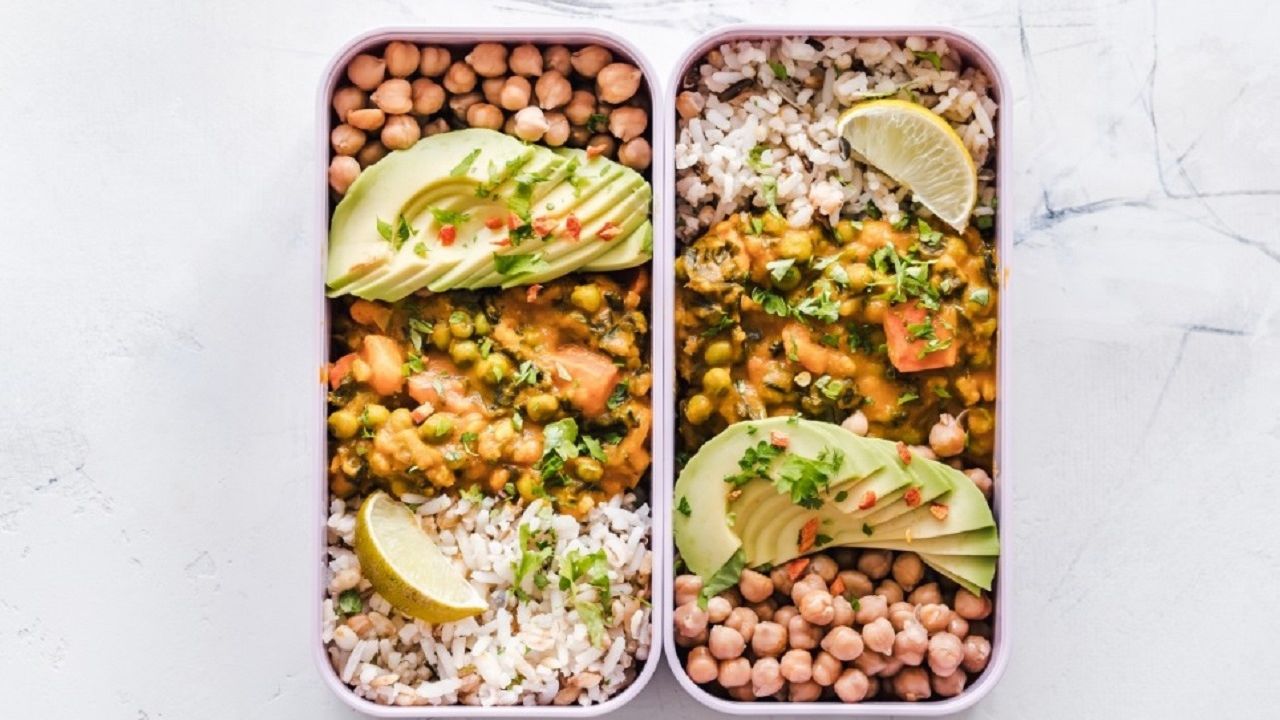
Variety of Health Benefits
Incorporating lentils into your diet offers a multitude of health benefits, making them a valuable addition to a plant-powered lifestyle. Here are three reasons why lentils are considered nutrient-rich options with a variety of health benefits:
- High in Protein: Lentils are an excellent plant-based source of protein, containing about 18 grams of protein per cooked cup. Protein is important for muscle growth and repair, as well as providing a feeling of fullness and aiding in weight management.
- Rich in Fiber: Lentils are packed with dietary fiber, which plays a crucial role in maintaining a healthy digestive system. A high-fiber diet has been associated with a reduced risk of heart disease, diabetes, and certain types of cancer. Lentils provide approximately 15 grams of fiber per cooked cup.
- Nutrient Powerhouse: Lentils are a rich source of essential nutrients such as iron, folate, magnesium, and potassium. These nutrients are important for maintaining overall health, supporting energy production, and promoting optimal brain function.
Incorporating lentils into your diet can provide a variety of health benefits and contribute to a well-rounded plant-powered lifestyle.
Frequently Asked Questions
Can I Eat These Vegan Foods Raw?
While the top 10 most nutritious vegan foods can be incorporated into a raw vegan diet, it is important to consider the benefits of cooking vegan foods, as cooking can enhance nutrient absorption and reduce potential risks associated with consuming raw foods.
How Can I Incorporate These Vegan Foods Into My Daily Meals?
Incorporating vegan foods into daily meals can be achieved through various cooking techniques and meal planning strategies. By utilizing these methods, individuals can enjoy the nutritional benefits of plant-based foods while maintaining a balanced and diverse diet.
Are These Vegan Foods Suitable for People With Food Allergies?
People with food allergies can still follow a balanced vegan diet by incorporating vegan alternatives for common allergenic foods. It is important to consult a healthcare professional or registered dietitian to ensure nutritional needs are met.
Are These Vegan Foods High in Protein?
Vegan protein sources can be found in a variety of plant-based foods, such as legumes, tofu, tempeh, quinoa, and hemp seeds. Including these protein-rich vegan foods in your diet can help meet your protein needs.
Are There Any Potential Health Risks or Side Effects Associated With Consuming These Vegan Foods?
Consuming a vegan diet can lead to potential nutrient deficiencies, such as omega-3 fatty acids, vitamin B12, iron, and zinc. However, a well-planned vegan diet can mitigate these risks and promote overall gut health.
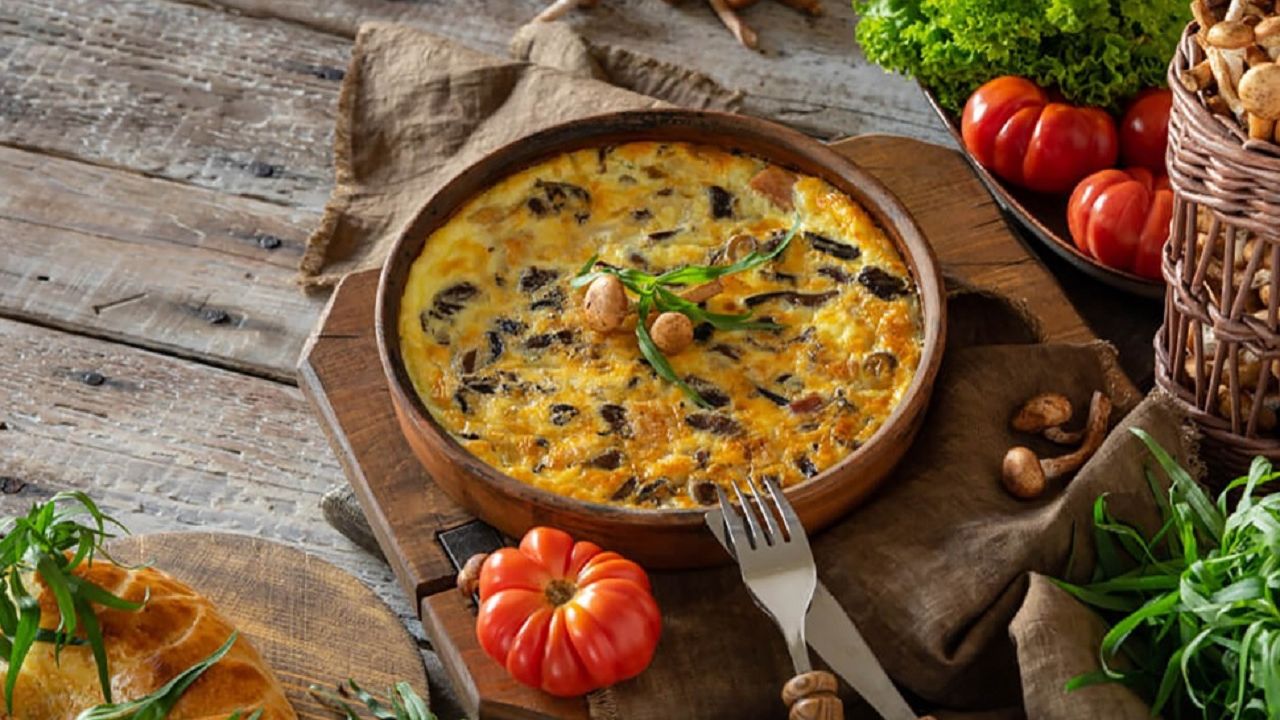
 Business & FinanceHealth & MedicineTechnologyLifestyle & CultureScience & EnvironmentWorld NewsPrivacy PolicyTerms And Conditions
Business & FinanceHealth & MedicineTechnologyLifestyle & CultureScience & EnvironmentWorld NewsPrivacy PolicyTerms And Conditions
